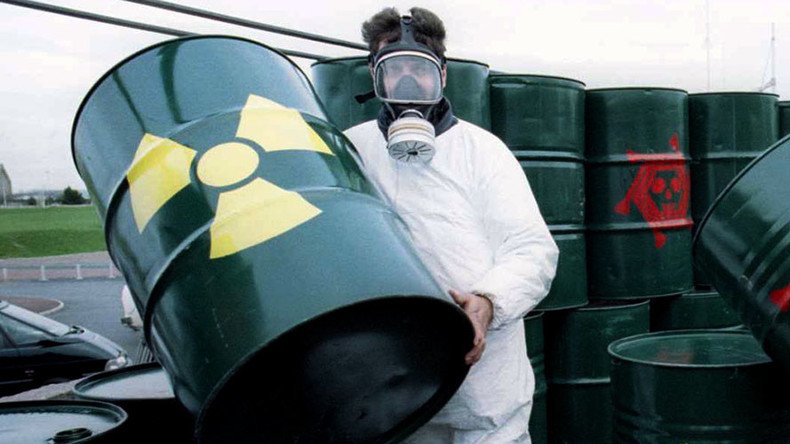Gauling! Nuke power upgrade could hand £50bn taxpayer cash to French, physicist warns

A top physicist has warned that if renewables take off as an energy source, Britain’s French-built Hinckley ‘C’ nuclear station upgrade could leave UK taxpayers subsidizing cheap electricity for their French cousins.
According to Keith Barnham, an emeritus professor of physics, the program could see subsidies to the tune of £53 billion poured into the Hinckley power station upgrade in Somerset.
He told the Independent that a projected rise in the use of renewables may make the station, estimated by Greenpeace to be the most expensive object on earth, defunct before it is even built.
This could, in Barnham’s estimation, mean French firm EDF, which is building the improved plant, would end up selling UK-subsidized energy back to the French.
This is because the sheer expense of building the plant has meant the UK government must underwrite a high price guarantee in which it pays the difference on the market price paid by consumers.
Barnham warned the energy “could all end up being exported to countries with fewer renewables, like France, at a price massively subsidized by Britain’s ‘hard-working bill payers.’”
This would only happen if the second Hinckley reactor is working before 2030 and a renewables boom took place, “leading to a total bill, over the 35 years of the guarantee, of £53 billion, which could all end up supporting low electricity prices abroad.”
While EDF have projected the cost of the building work to be £18 billion, other analysts say the firm has lopped off a further £6 billion from the real potential cost.












